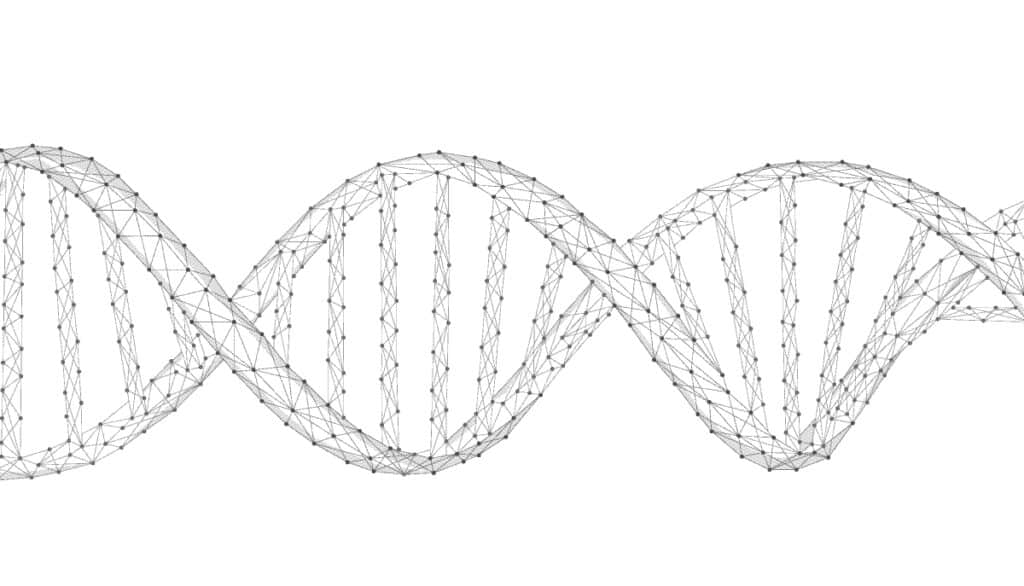Giving ourselves some space for reflection and contemplation is vital to attune and attend holistically to the needs of the body, mind, and spirit. Slowing down and being mindful can help us to notice the signs that our body is giving us, cues that we may not pick up on when life is too busy or fast paced. I have been spending much of the month of January resting and deepening my personal meditation practice as well as resourcing myself with new mindfulness teacher training and peer support. I find myself moving very slowly through what I’m experiencing as an everlasting, even luxurious January, aware that this is not the case for all of us.
This time, for me, however, is a precious gift. This returning ability to rest my mind in a resting body is so welcome. It feels like a time of self-acceptance and letting go; the body is ready to settle and soften again, and I am following its lead, accepting that the pace of returning is slow. I’m following an intuitive need to rest as much as I can and genuinely appreciating it, remembering that not so long ago this ability to rest eluded me, my body felt solid and tight, as if I was constantly on red alert, hyper vigilant all the time, waiting for something to happen. I am eternally grateful for the skills of mindfulness and self-compassion, always there to assist my own necessarily slow, step by step, at times very painful, journey, in this case through grief and trauma. Now and then I imagine how much more difficult this process would be without mindful self-compassion.
Everyone has grief and trauma in their lives to some extent. What makes it so difficult for us to accept that these processes take time and that the body and mind need to rest? Why do we resist or dismiss rest so much? It might be good to reflect on your own relationship with rest for a moment. Because of strong work ethics and a culture that still glorifies being busy we might feel obliged to justify why we “deserve” to rest, as if rest somehow needs to be earned. Or we may have thoughts like, “what if someone sees me doing nothing?” Not alone can there be a sense of shame in what others might think but there’s a deeper layer, what we think of ourselves. We can be our own harshest critic.
There may also be shame in needing or wanting to rest in the first place. Life events can change us; maybe we’re not as able now for things that came easily to us before. This shame can be very subtle so to bring consciousness and curiosity to these thought patterns and feelings is a wonderful place to begin. What would it be like to meet these minds and bodies of ours with self-compassion? To give ourselves a break? And learn to notice any automatic tendency to judge ourselves and instead offer an even greater dose of self-compassion. Far too often we motivate ourselves by self-shaming which does nothing to improve our health and only makes us feel bad about ourselves.
Self-compassion is proven to be a more powerful motivator than shame and there is a strong link between self-compassion and our mental as well as physical health. When we are having difficulties or struggling in life, and this applies to all of us at various points, we need to pay ourselves some kind attention and learn to encourage ourselves gently. When we begin treating ourselves kindly, we’re beginning the process of dismantling self-criticism and reducing shame. The starting point is learning to be still, present, learning to be here now, learning to bring awareness to our minds and bodies, noticing. If we are always ahead or behind in our minds, it’s not so easy to notice how we really are in this moment. The more we accept ourselves just as we are, in this moment, the more we can evolve and adapt to change.
Before I trained in mindfulness, I used to push through life and recall that I could not even vocalise the word suffering. I had a strong aversion to the word itself. Compassion-based mindfulness offers us the skills and the voice to face the ups and downs of life. We can learn to soothe and heal our own wounds with kindness. The acceptance that life has many joys but that we all suffer too can soften us and invite an openness to new possibilities and ways of being. I love this quote by poet and writer Mark Nepo, “We are born in the corridor of aliveness between the song of life and the pain of life and it’s up to us what music will we sing”.
Please get in touch for a chat with me if you are at all curious about how to begin a mindfulness meditation practice to slow down, settle your mind and rest. Drop-in compassion-based mindfulness sessions at Myross Wood House, Leap (CECAS.ie) on Tuesday mornings from 10-11am. €10. All welcome.
I am planning some new mindfulness and self-compassion workshops at Myross Wood for Spring, please keep an eye on my facebook page or feel free to just give me a call. www.mindhaven.ie Phone: 087 2700572 email: susanoreganmindfulness@gmail.com or follow my facebook page: https://www.facebook.com/susanoreganmindfulness



